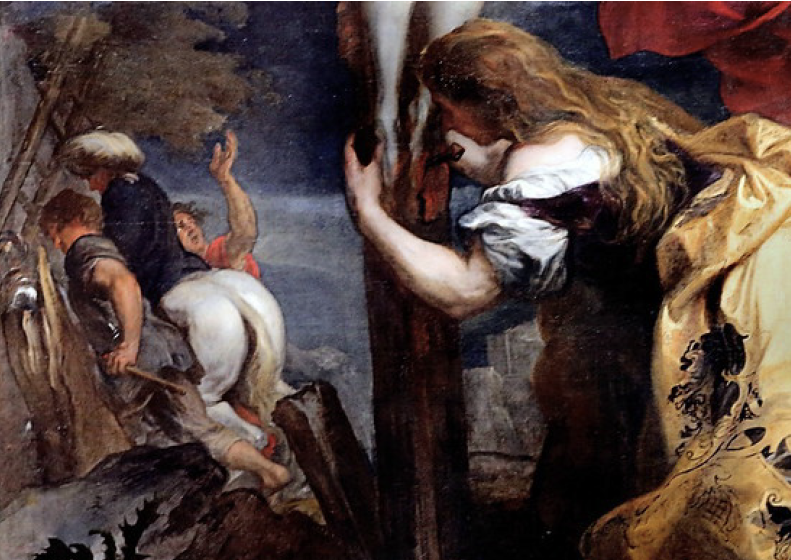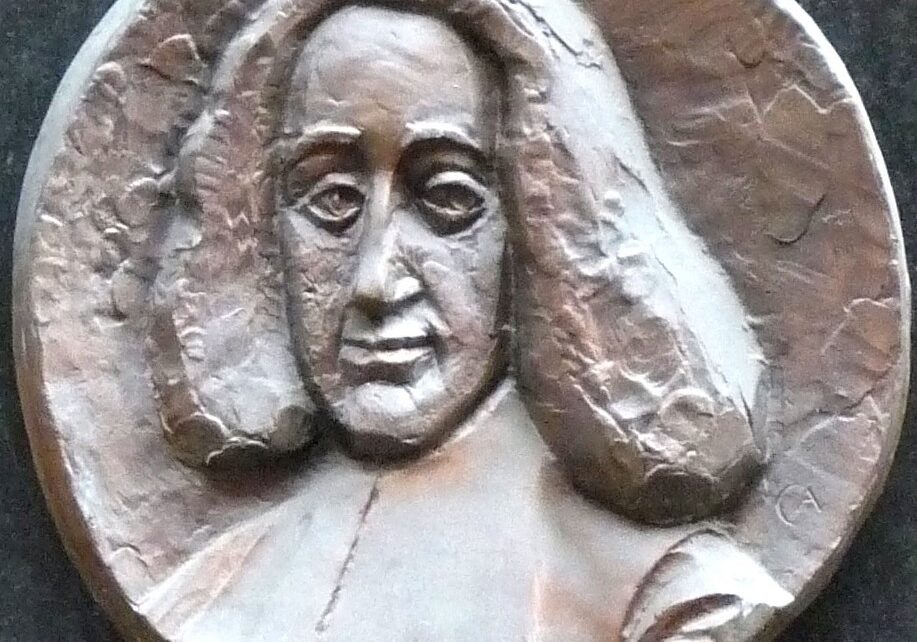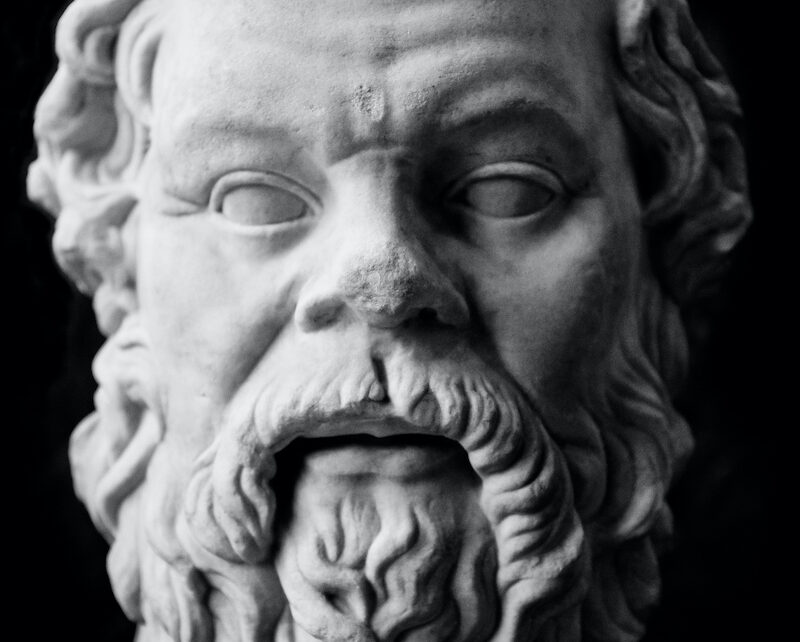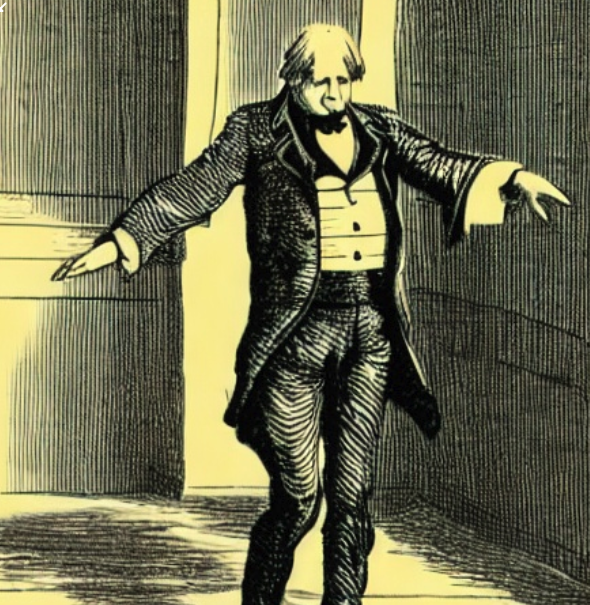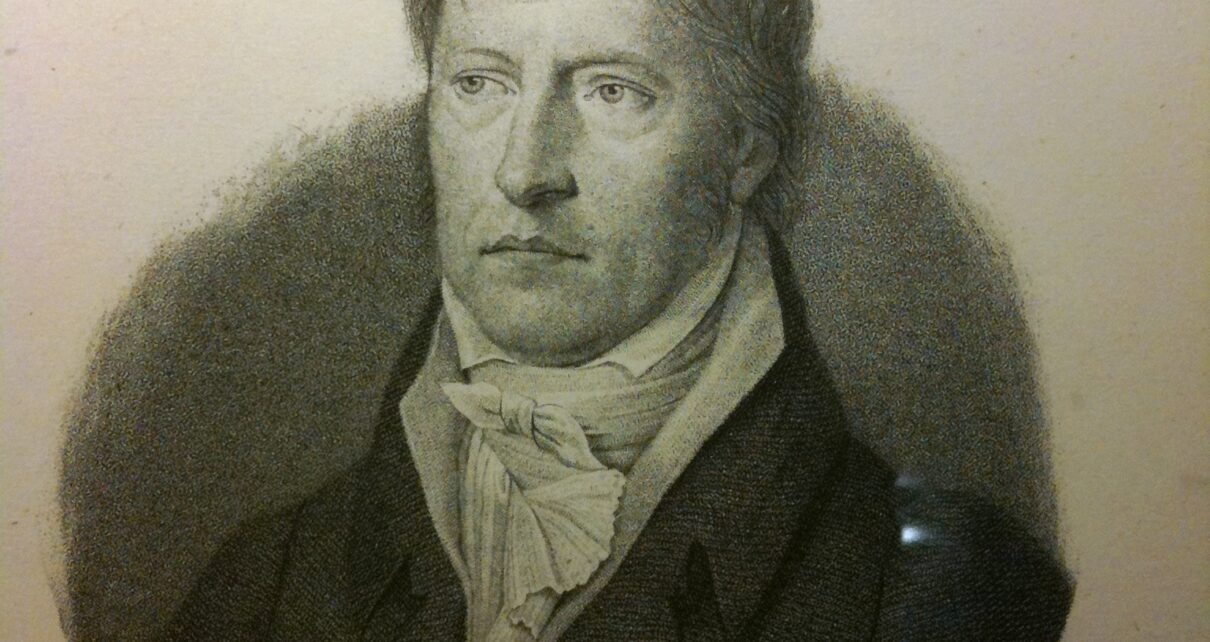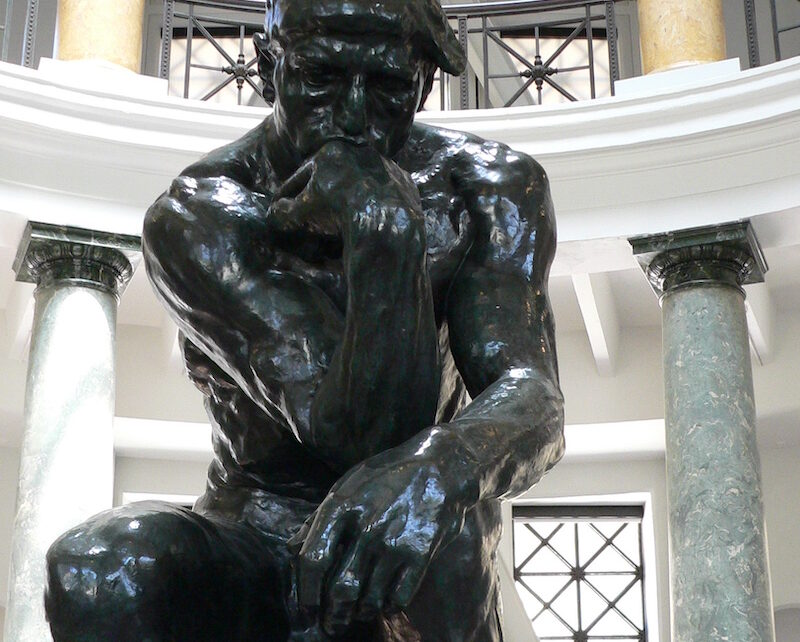This article is published in two installments. The first can be found here. III. Taylor’s typification of postmodernism as Flatland, however, as the quintessential Hegelian “bone”, did not sit well with the British participants in the Shadow of Spirit conference, who represented both the majority and in certain measure the intellectual heavy weights for the […]
Philosophy of Religion
What Exactly Is Postmodernism, And How Did It Change The Landscape Of Religious Studies?, Part 1 (Carl Raschke)
Almost a half century ago a change took place in the humanities, and by extension in the fledgling field of religious studies. By the 1990s that change had been a sea change. By the mid-1980s the change had come to be known as “postmodernism”. Today the expression, which is just as vague and polysemic as […]
The Imagination In Spinoza – The Moral Good Between Prophecy And The Amor Dei Intellectualis, Part 2 (Caterina De Gaetano)
The following is the second of a two-part series. The first can be found here. The entire article appears in Issue 22.1 of the Journal for Cultural and Religious Theory. The Morality of the Bible Spinoza thus describes two different kinds of representative cognition. On the one hand a cognitio ex signis always remains inside the limits […]
The Imagination In Spinoza – The Moral Good Between Prophecy And The Amor Dei Intellectualis, Part 1 (Caterina De Gaetano)
The following is the first of a two-part series. The entire article appears in Issue 22.1 of the Journal for Cultural and Religious Theory. Spinoza’s Tractatus Theologico-Politicus is a book in which the author’s mature ideas about the epistemological capacities of the human being are used to propose a configuration of political roles, religious power, and general […]
Hegel Contra God – Replying To Gavin Hyman’s “New Hegel”, Part 3 (Rebekah Howes)
The following is the last of a three-part series. The first can be found here, the second here. The earlier article by Prof. Hyman to which the author replies can be found here. In Hegel Contra Sociology Rose argued that the negation of critical consciousness was preserved not just as the interminable repetition of antinomy, but as […]
Hegel Contra God – Replying To Gavin Hyman’s “New Hegel”, Part 2 (Rebekah Howes)
The following is the second of a three-part series. The first can be found here. The earlier article by Prof. Hyman to which the author replies can be found here. But what is always at stake in these arguments, writes Hyman, is the question of the contamination of the Absolute or God. Can we still speak […]
Hegel Contra God – Replying To Gavin Hyman’s “New Hegel”, Part 1 (Rebekah Howes)
The following is the first of a three-part series. The earlier article by Prof. Hyman to which the author replies can be found here. Gavin Hyman’s ‘The ‘New Hegel’ and the Question of God,’ in the Journal for Cultural and Religious Theory [1] raises the age old and yet still timely question about the knowability […]
Philosophy As Love – Unblocking The Road From Athens To Jerusalem, Part 3 (Erik Meganck)
The following is the third of a three part-series. The first can be found here, the second here. Planning and Religious Thought Where planning fails, despair grows. Only where despair grows, hope can rise. Where hope rises, thought reconnects with (the philosophical equivalent of) Love, thanks to a “certain” – ambiguity intended – faith and trust. […]
Philosophy As Love – Unblocking The Road From Athens To Jerusalem, Part 2 (Erik Meganck)
The following is the second of a three part-series. The first can be found here. Love is not the opposite of planning; openness is not the opposite of enclosedness. Openness is not the new metaphysical principle that deals out signification among all beings. It does not replace God or Geist or Will or any other […]
Philosophy As Love – Unblocking The Road From Athens To Jerusalem, Part 1 (Erik Meganck)
The following is the first of a three-part series. Philo-sophy literally means “love of wisdom.”[1] But this can be read in more than one way. There is the well-known objective genitive, proposing that philosophers are thinkers who love wisdom without claiming to own it. But there is also a subjective genitive that shows how love […]


